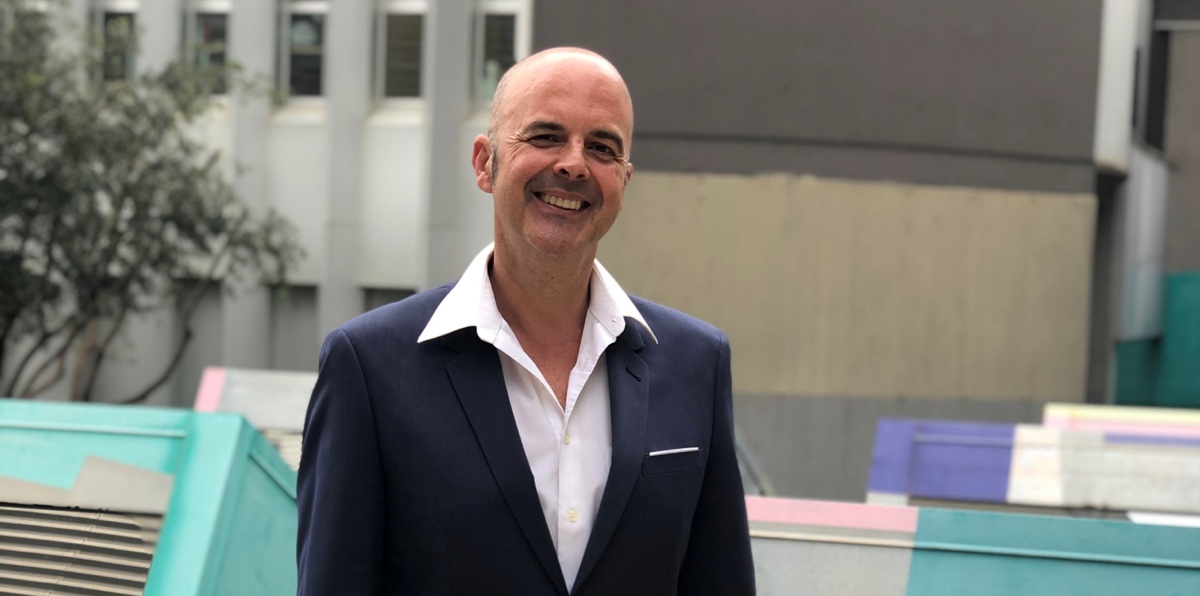09 Mar Interview Joan Carles Fernández – Planning Director and Senior Consultant at GENESIS Biomed

Joan Carles Fernández: “The main challenge of planning is change management”.
Joan Carles Fernández has a degree and a PhD in Pharmacy. For more than 18 years he has been working as Group Leader and Laboratory Manager in the area of Medicinal Chemistry Research in Mixed Units of the PCB (Parc Científic de Barcelona) with different prestigious pharmaceutical companies such as Almirall or Esteve. He has made several stays in England both as a postdoctoral fellow at the University of Exeter and the Institute of Cancer Research in London and later in the company Evotec. In 2020 he joined GENESIS Biomed where he currently holds the position of Director of Planning.
What part of your professional profile do you think you can bring most to the position of Planning Director?
I think that the fact that I have been leading projects as a Senior Consultant is helping me a lot in the management of project planning, because when you receive your weekly planning, then you have to organise, as a Project leader, week by week the whole team depending on the problems/mispredictions that arise during the development of the project. Moreover, in my previous jobs, in the service sector, I have always been organizing teams and planning the work of these teams, aligned with the deadlines that the client demanded, and therefore I believe that this has taught me to be a very organized, pragmatic person, with leadership and planning skills both in my professional and personal profile, which undoubtedly facilitates my task as Planning Manager. The opportunity that GENESIS Biomed has given me allows me to bring all this experience to the management of planning in the company.
What is the main challenge of this planning task?
The main challenge of this task is change management, adapting to changing priorities, customer needs and internal contingencies that may arise in the company. This means that an already established plan may have to be modified at any time to solve a new scenario, so it is essential to have a picture of the overall plan and to react in time. The knowledge of the team and its management, being aware of its strengths and weaknesses is fundamental for this challenge, so that you can involve the right people at the right time and thus solve the problem or unforeseen event in the shortest possible time.
How much more difficult is planning in the consultancy sector than in other sectors where you have worked in the past?
Planning in consultancy is particularly complicated, especially for a company like GENESIS Biomed, which has a very varied project portfolio, with a large number of projects and with clients with very different profiles from very diverse areas such as biopharmaceuticals, biotechnology, medical devices, in vitro diagnostics, digital health, nutraceuticals and cosmetics.
Project planning in consultancy is dynamic and changing as a service company, as it often has to change due to client demands, the idiosyncrasies of the project, or internal reasons. In this profession, you must learn to be flexible and adapt immediately to unforeseen circumstances, trying to optimise resources, especially personnel resources, and adjusting to the time required to meet the client’s new objectives. Being in a service company, the client is the most important and fundamental part of the business, adapting to their needs is the most important thing and project planning must be continuously focused on ensuring that the client achieves their objectives on time.
What is the time commitment of this task within your other duties in the company?
I combine project planning with my work as a senior consultant, so you have to strike a balance between the two tasks. Approximately one to one and a half days out of 5 days a week is what it currently takes to plan weekly for a team of 14 people with a large number of ongoing projects. This volume of work means that you have to be very pragmatic and extremely organised when planning resources. In addition, the company is growing and expanding the number of consultants, so you will need to consider whether this time commitment should be increased in the near future.
What advantages can project planning bring to your other work as a consultant?
As I said at the beginning of the interview, I believe that project planning is a good tool that provides a series of advantages to a project leader, among others, it helps you to be able to size well the time of dedication of a project and gives you an idea of the resources that are minimum to carry out the project, in addition to the possible risks that can arise through the elaboration of this. I believe that this broad vision that this task provides is a very good training to improve the execution and optimisation of the tasks that you carry out in your day-to-day work.


